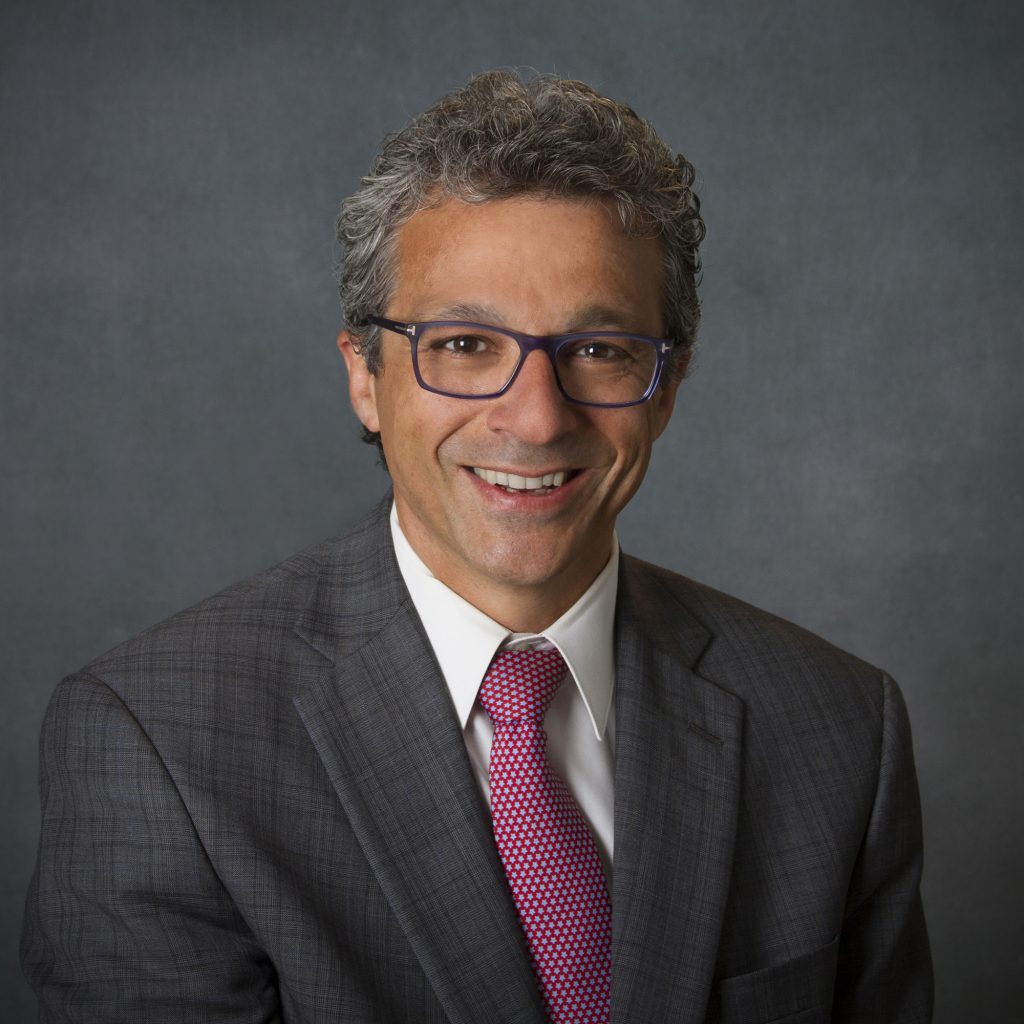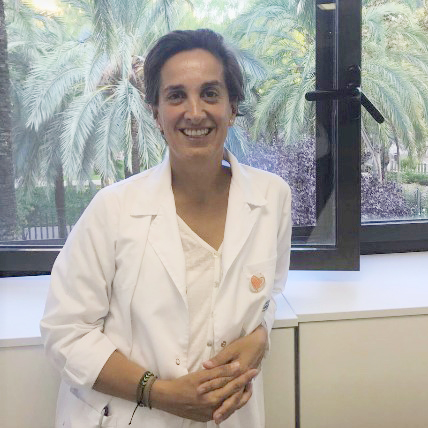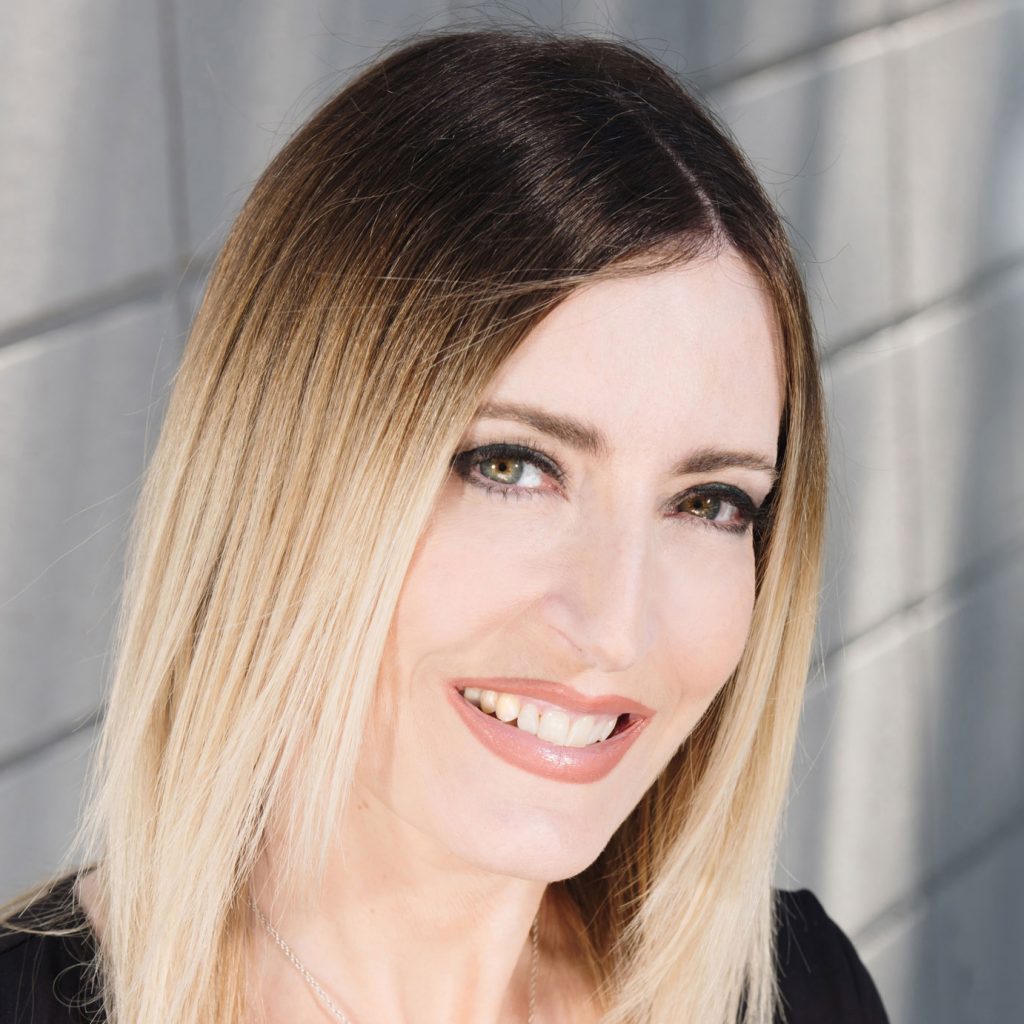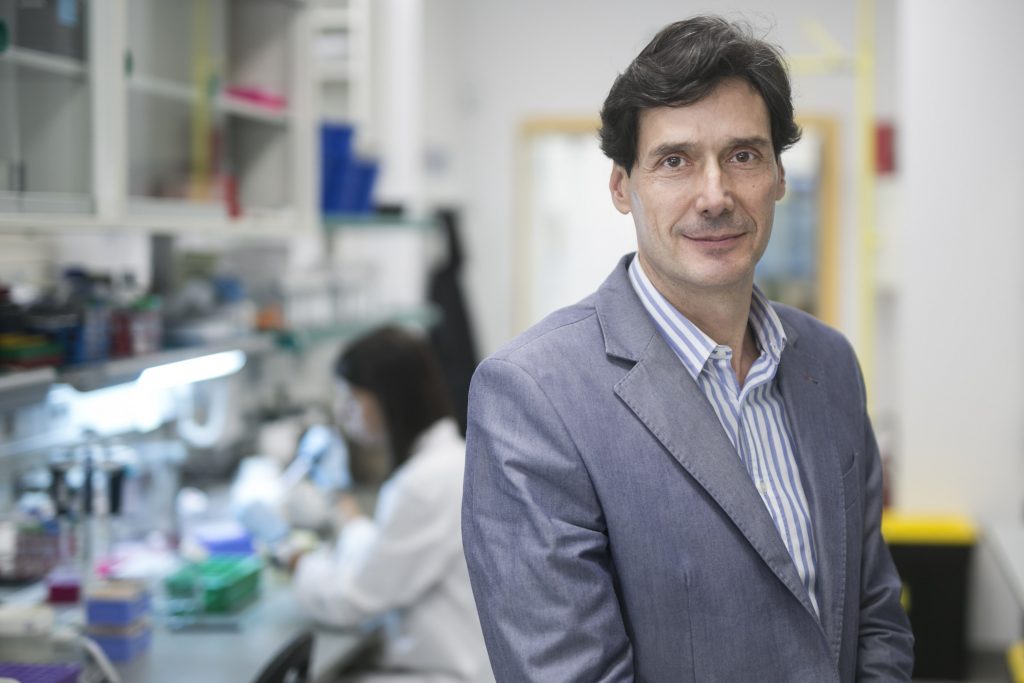Alvaro Pascual-Leone

Profesor de neurología de la Facultad de Medicina de Harvard, director del Centro Berenson-Allen para Estimulación Cerebral y de la Division de Neurología Cognitiva en el Centro Médico Beth Israel Deaconess de Boston, MA, EEUU.
Elena Oliete

Médica especialista en Atención Familiar y Comunitaria. Doctora en Farmacología por la Universidad de Valencia.
Maria Entraigues Abramson

Entraigues Abramson ha formado parte de esta organización desde su fundación (2009), y antes de eso, ha sido parte de la Methuselah Foundation (Fundación Methuselah), fundada por Dave Gobel y el Dr. Aubrey de Grey.
Manuel Serrano: “La palabra inmortalidad yo no la sé manejar. No veo sentido en hablar de algo tan intangible”

A Manuel Serrano se le reconoce internacionalmente en el campo de la supresión tumoral. Además del descubrimiento del gen p16, uno de sus más importantes hallazgos ha sido la identificación de la senescencia celular como principal respuesta anti-oncogénica. En la segunda edición de Longevity World Forum compartirá su dilatada experiencia, así como los avances en los que actualmente trabaja desde el Instituto de Investigación Biomédica (IRB Barcelona).
